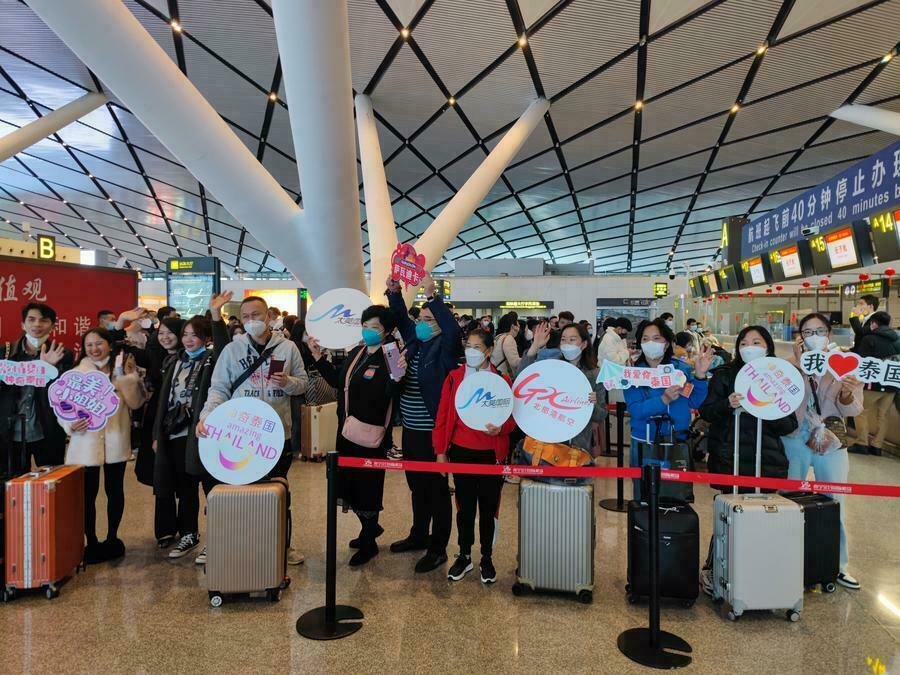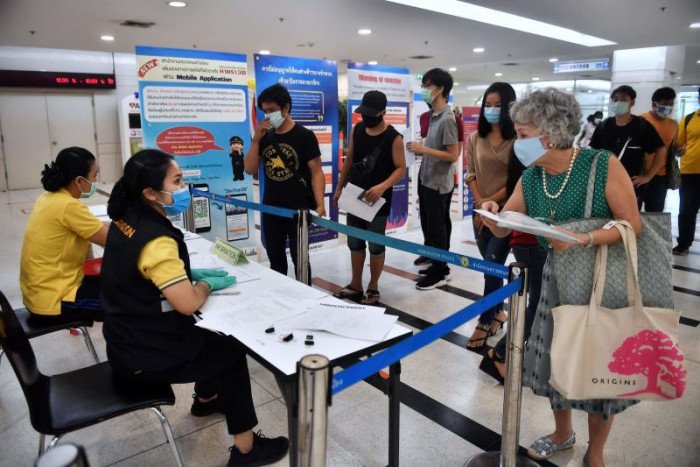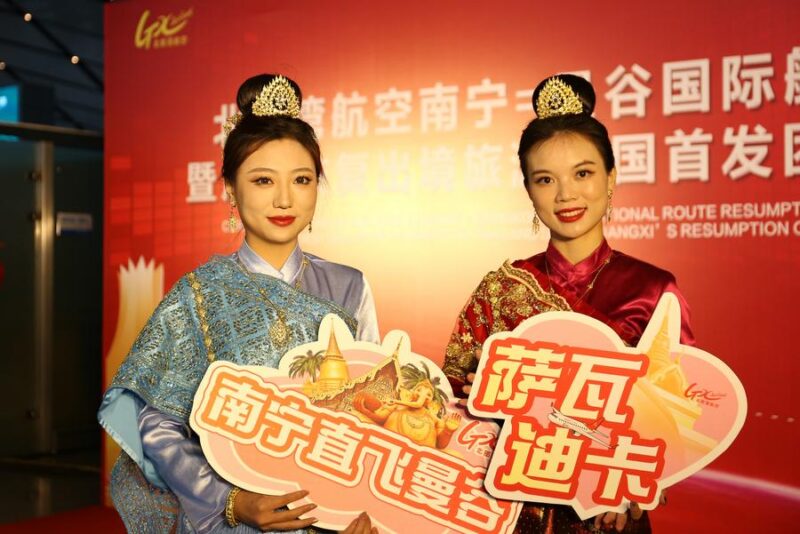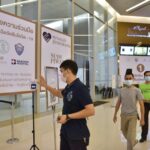According to a source within the association, many Chinese tour operators complained to the ATTA in mid-April about the new requirement by Thai embassies and consulates in China.
Every Chinese visitor to Thailand must apply for a separate visa beginning May 8 without exception.

The ATTA is concerned that this criterion will deter large tour groups from China, with 100 or more participants, and that they may find it simpler to travel to locations with less stringent regulations, such as Vietnam, Hong Kong, Macao, or even certain European states.
The ATTA’s president, Sisdivachr Cheewarattanaporn, stated on Friday that this restriction has left some Chinese travel companies “puzzled and frustrated” in both Thailand and China. He demanded an urgent explanation from the Thai Foreign Ministry.
According to the ATTA chief, Thailand should choose to make it simple for Chinese tourists to enter the nation rather than create a restriction that would deter them, as millions of Chinese tourists were traveling abroad after China’s Covid-19 lockdowns ended.
He claimed that although the Tourism Authority of Thailand had set a goal of drawing at least 5 million visitors from China this year, the more stringent criterion might have a negative impact on the objective. More than 768,700 visitors have originated from China since January 1.

Every Chinese national applying for a Thai visa will need to provide proof of an airline ticket, a hotel reservation, and a bank deposit of at least 10,000 yuan (49,000 baht), according to the ATTA chief.
Chinese tour operators will also need to show their legitimate “yellow card” of registration, which was provided by the Chinese government, when acting on behalf of their clients. According to Sisdivachr, many tour operators still haven’t renewed their registration cards that became invalid during the Covid-19 crisis. Additionally, he said that each tour operator is only permitted to submit 30 visa applications each day.
He cautioned that the introduction of this new visa requirement would cause delays at Bangkok’s airports since many travelers would apply for visas upon arrival.
Adith Chairattananon, the secretary-general of the ATTA, stated that the organization would engage with the government to ease the visa requirements.
He claimed that the 90 million Chinese tourists anticipated to travel abroad this year are competing for the attention of nations all over the world.
Why did Thailand institute a provision that makes it more challenging to obtain a visa? “This defies the general trend,” he declared.
Adith added that a poll of Chinese visitors conducted the previous year revealed that for 43% of the participants, the simplicity of obtaining a visa was the primary determinant of where they would travel to next.
According to Chaturon Phakdeewanich, director-general of the Department of Tourism, the visa requirement in question is not new and has only recently been waived by the Department of Consular Affairs.
He said that the rule’s flexibility had been misused to cover individuals who were ineligible for visas. He added that Thai tour companies have complained about the Chinese tour operators’ ability to arrange “zero-dollar tours” through the use of group visas.
Zero-dollar tourism consists of extremely affordable package tours where Chinese visitors are led on shopping excursions to purchase pricey goods.

In light of the tourism sector’s recent recovery from the Covid-19 issue and the return of Chinese tourists, Chaturon said his agency would consider possible modification of the visa restrictions with the Department of Consular Affairs on May 10.
He said that the Department of Consular Affairs had advised him that, despite the need for more paperwork under the new requirement, the processing of visa applications would be expedited.
In response to worries that the surge in Chinese applicants for visas on arrival might cause further congestion at the airport, the director-general stated that individuals who preferred this option would have to pay double the regular visa charge. According to him, a visa application at a Thai embassy or consulate costs 1,000 Baht per person, whereas a visa obtained at the airport costs 2,000 Baht.




